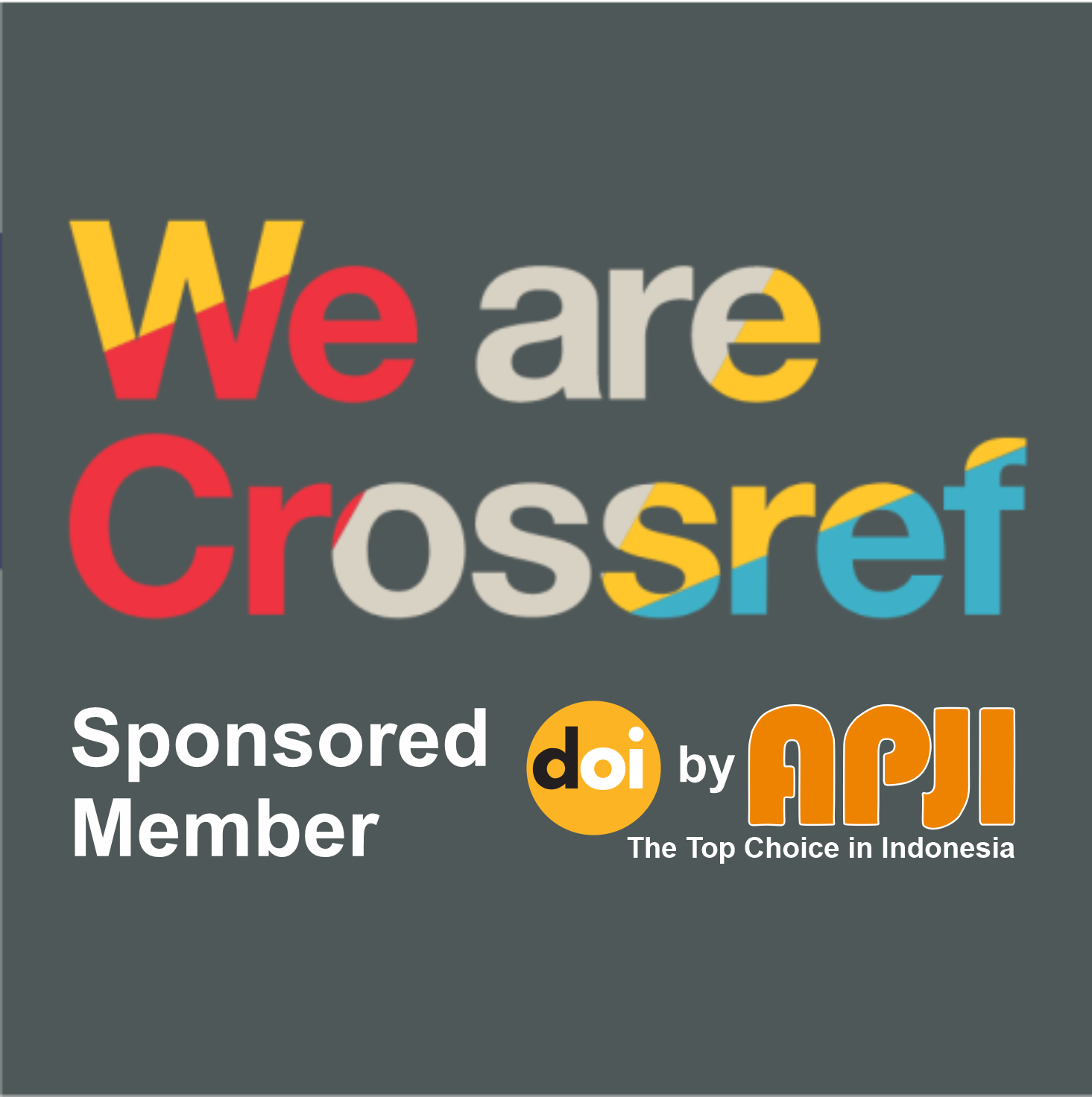The Effect of Financial Literacy, Hedonism, and Self-Control on the Consumptive Behavior of Students in the Faculty of Economics and Business
Keywords:
Consumptive Behavior, Financial Literacy, Hedonism, Self-Control, StudentsAbstract
This study investigates the influence of financial literacy, hedonism, and self-control on the consumptive behavior of students at the Faculty of Economics and Business, Sumbawa University of Technology. Given the rapid advancements in technology and the pervasive influence of e-commerce and social media, understanding student consumption patterns has become increasingly critical. Employing a quantitative approach with a causal descriptive design, the research utilized a purposive sampling technique to select 100 students from the aforementioned faculty. Primary data was collected through questionnaires and subsequently analyzed using multiple linear regression. The findings indicate that financial literacy does not significantly influence student consumptive behavior. Despite theoretical understanding of financial management, its practical application is often undermined by immediate consumption temptations, such as aggressive online promotions. Conversely, hedonism exerts a positive and significant influence on consumptive behavior, highlighting that a lifestyle prioritizing instant gratification and social trends strongly drives excessive spending. Furthermore, self-control was found to have no significant impact on consumptive behavior, despite a negative directional tendency. This suggests that while students possess the capacity for self-regulation, external factors such as the ease of e-commerce and social pressures effectively diminish its effectiveness. Overall, the study concludes that hedonism is the dominant factor shaping student consumer behavior, with financial literacy and self-control currently insufficient in counteracting these consumptive tendencies among the surveyed respondents. This underscores the need for a holistic approach to financial education, integrating not only cognitive knowledge but also practical self-management and resilience against external influences.
References
Ajzen, I. (1991). The Theory of Planned Behavior. Organizational Behavior and Human Decision Processes, 50(2), 179-211.
Ahsan. (2020). Pengaruh Gaya Hidup Hedonis terhadap Prilaku Konsumtif.
Anggraini, I. (2019). Pengaruh Kontrol Diri terhadap Perilaku Konsumtif Online Shopping bagi Mahasiswa.
Arianty, N. (2016). Pemasaran Modern: Strategi dan Aplikasi. Edisi ke-3. Jakarta: Kencana.
Augustly, A. (2016). Metodologi Penelitian Manajemen. Jakarta: Raja Grafindo Persada.
Baumeister, R. F., Vohs, K. D., & Tice, D. M. (2007). The Strength Model of Self-Control. Current Directions in Psychological Science, 16(6), 351–355.
Creswell, J. W., & Creswell, J. D. (2018). Research Design: Qualitative, Quantitative, and Mixed Methods Approaches. Sage Publications.
Crisp, R. (2017). Hedonism. The Stanford Encyclopedia of Philosophy..
Desta Akbar, Shella Rizqi Amelia, & Aning Fitriana. (2024). Pengaruh Literasi Keuangan Terhadap Perilaku Konsumtif Mahasiswa..
Fadhilah. (2022). Pengaruh Literasi Keuangan Terhadap Perilaku Konsumtif Mahasiswa.
Firmansyah, A., & Pratiwi, D. (2024). Pengaruh Paylater dan E-commerce terhadap Perilaku Konsumtif Mahasiswa..
Fitriani, R., & Wardhana, A. (2023). Peran Kontrol Diri dalam Menekan Perilaku Konsumtif Mahasiswa..
Ghojali, I. (2016). Aplikasi Analisis Multivariete dengan Program IBM SPSS 23. Semarang: Badan Penerbit Universitas Diponegoro.
Ghufron, M. Nur., & Risnawati, Rini. (2011). Teori-Teori Psikologi. Jogjakarta: Ar-Ruzz Media.
Hartono, D., Bormasa, D., Darmun, W., & Ningrum, C. (2024). Model Perilaku Konsumen. Jakarta: Prenada Media Group.
Kotler, P. (2019). Manajemen Pemasaran. Edisi 15. Jakarta: Penerbit Erlangga.
Kotler, P., & Armstrong, G. (2021). Prinsip-Prinsip Pemasaran. Jakarta: Erlangga.
Kotler, P., & Keller, K. L. (2019). Manajemen Pemasaran. Jakarta: Erlangga.
Lusardi, A., & Mitchell, O. S. (2014). The Economic Importance of Financial Literacy: Theory and Evidence. Journal of Economic Literature, 52(1), 5-42.
Nugraha, A., & Setiawan, B. (2023). Pengaruh Influencer Marketing terhadap Perilaku Konsumtif Mahasiswa di Media Sosial..
Nurlan, E. (2019). Metodologi Penelitian Kuantitatif dan Kualitatif. Jakarta: Bumi Aksara.
Otoritas Jasa Keuangan (OJK). (2018). Survei Nasional Literasi dan Inklusi Keuangan.
Otoritas Jasa Keuangan (OJK). (2019). Strategi Nasional Literasi Keuangan Indonesia.
Permatasari, D., & Widyastuti, M. (2022). Gaya Hidup Hedonisme dan Perilaku Konsumtif. Jurnal Psikologi, 11(2), 123-135.
Purwanto, H., Yuliana, D., & Nugroho, D. (2022). Teori Perilaku Terencana. Yogyakarta: Pustaka Pelajar.
Putri, A., & Khoerul, M. (2022). Dampak Fear of Missing Out (FOMO) terhadap Perilaku Konsumtif Mahasiswa.
Rina. (2018). Pengaruh Gaya Hidup Hedonis terhadap Prilaku Konsumtif Pramugari Maskapai Penerbangan “X”.
Sari, Y., & Astuti, R. (2022). Pengaruh Penggunaan Paylater terhadap Perilaku Konsumtif Mahasiswa.
Selvia, M. (2020). Pengaruh Literasi Keuangan terhadap Prilaku Konsumtif.
Sugiyono. (2019). Metode Penelitian Kuantitatif, Kualitatif dan R&D. Bandung: Alfabeta.
Susanti, A. (2020). Pengaruh Literasi Keuangan, Gaya Hidup, Konformitas dan Dampak terhadap Prilaku pada Mahasiswa di STIE Sukarta.
Suliyanto. (2018). Metode Penelitian Kuantitatif. Yogyakarta: Andi Publisher.
Downloads
Published
Issue
Section
License
Copyright (c) 2025 Sri Tantri Yani, Sriyatun (Author)

This work is licensed under a Creative Commons Attribution-ShareAlike 4.0 International License.














